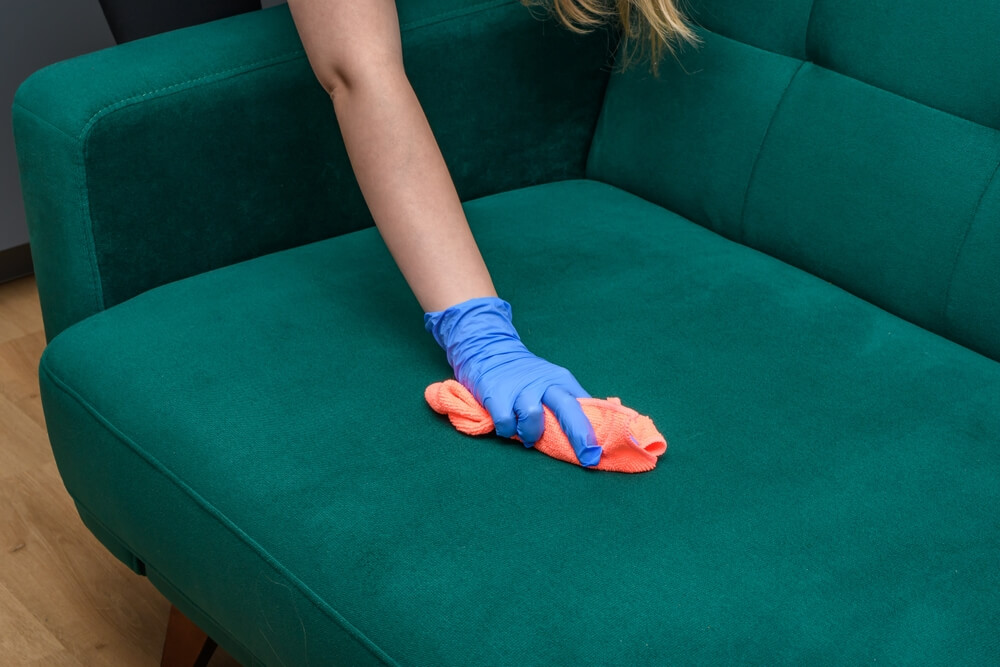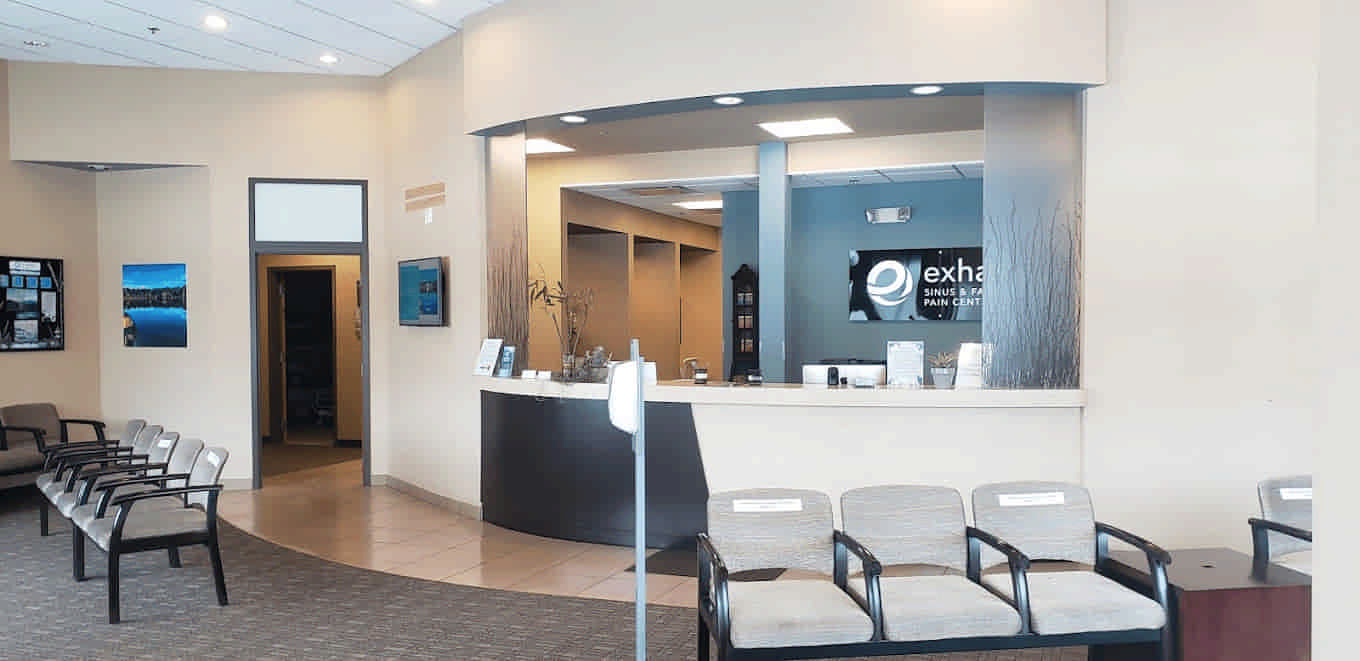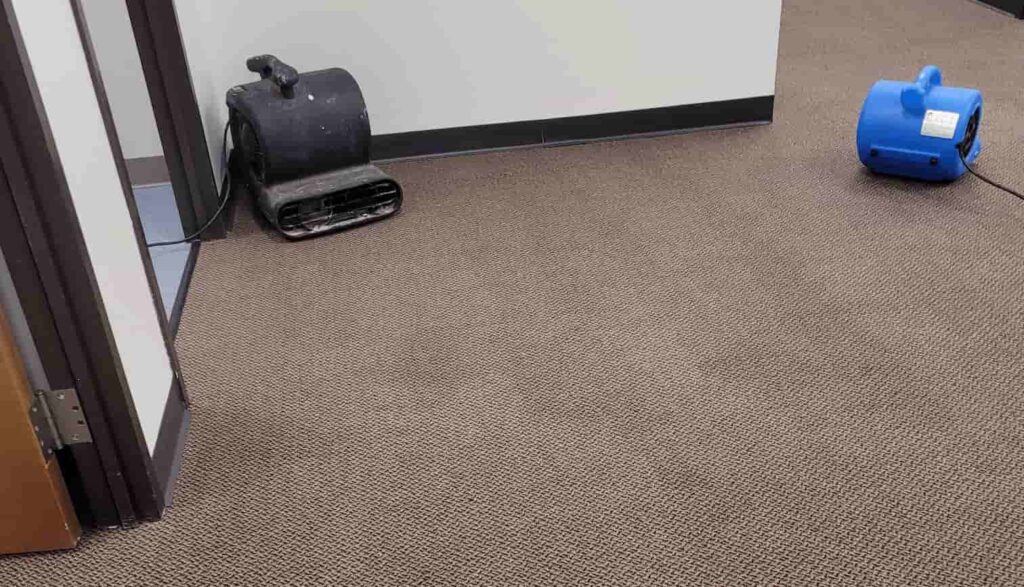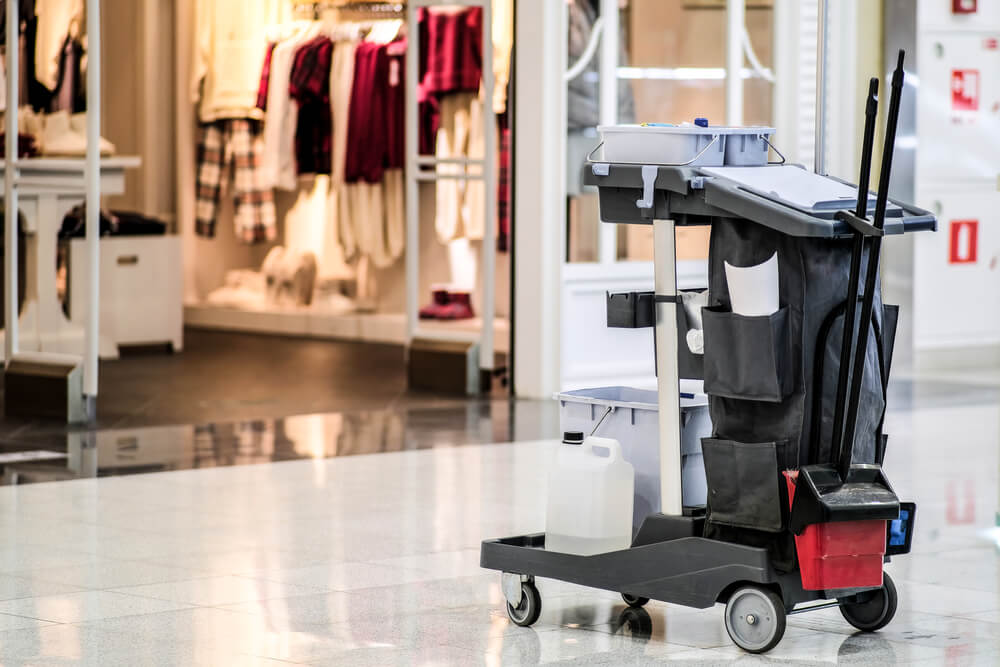Running a commercial space is no easy feat. With employees, customers, vendors, and visitors constantly coming and going, it doesn’t take long for dirt, dust, and germs to accumulate. Keeping your space clean isn’t just about making a good impression—it’s about creating a healthy, productive environment.
While routine cleaning helps maintain cleanliness on the surface, deep cleaning is essential for tackling the dirt and grime that builds up over time, especially in those hard-to-reach or often-forgotten places.
But when exactly should you schedule a deep cleaning for your commercial space? In this article, we’ll explore the importance of deep cleaning, how it differs from routine cleaning, and the key indicators that it’s time to schedule one.
Whether you manage an office, retail store, or healthcare facility, knowing when your space needs a deep clean can ensure your environment remains safe and inviting.
What Is a Deep Clean and Why Does It Matter?
Deep cleaning goes far beyond your everyday dusting and mopping. It’s a comprehensive process that targets dirt, bacteria, and other contaminants that regular cleaning might miss. Routine cleaning takes care of visible dirt and maintains general cleanliness, but deep cleaning focuses on areas that need extra attention—think carpets, upholstery, baseboards, and hard-to-reach spots behind furniture.
- Difference Between Deep Cleaning and Routine Cleaning
The key difference between deep cleaning and routine cleaning lies in their intensity and frequency. Routine cleaning typically involves surface-level tasks such as:
- Vacuuming and sweeping floors
- Emptying trash cans
- Dusting desks and surfaces
- Cleaning restrooms
While routine cleaning keeps the space looking clean on the surface, deep cleaning tackles dirt and grime that accumulates over time, often in areas that aren’t addressed during daily cleanups. Deep cleaning includes tasks like:
- Cleaning behind furniture and appliances
- Scrubbing grout between tiles
- Sanitizing high-touch areas
- Shampooing carpets and cleaning upholstery
- Disinfecting air ducts and vent covers
Deep cleaning isn’t something you do every day. Instead, it’s scheduled periodically, depending on the needs of your commercial space.
Indicators That It’s Time for a Deep Clean
How do you know when your commercial space needs a deep clean? There are some telltale signs that it’s time to go beyond the usual cleaning routine and schedule a more thorough approach.
- Foul Odors Linger in the Space
If you’ve noticed persistent unpleasant smells that don’t go away after routine cleaning, it’s a strong indicator that bacteria, mold, or mildew could be lurking in carpets, upholstery, or vents. A deep clean can eliminate these odors at the source, leaving your space smelling fresh again.
- Increase in Employee Sick Days
If employees are frequently calling in sick or you notice an uptick in respiratory issues, allergies, or colds, your office could be harboring bacteria, dust, or allergens that aren’t being addressed by routine cleaning. Deep cleaning helps to reduce the spread of germs and creates a healthier environment, which can directly improve employee well-being and reduce absenteeism.

- Visible Dirt and Grime Build-Up
Have you noticed grime accumulating in corners, dirty grout between floor tiles, or layers of dust on vents? These areas are often overlooked during regular cleaning but become more noticeable over time. When visible dirt starts to accumulate, it’s a sure sign that your space is due for a deep clean.
- High-Traffic Areas Look Worn
Areas like lobbies, hallways, and conference rooms see a lot of foot traffic, and the wear shows. Dirty carpets, scuffed floors, and stained upholstery can quickly make your commercial space look dated and neglected. A deep clean rejuvenates these high-traffic areas, making them look clean and welcoming again.
- Recent Construction or Renovation
If your commercial space has undergone any renovations or construction, it’s a good idea to schedule a deep cleaning. Dust and debris can settle into cracks, crevices, and HVAC systems, which regular cleaning won’t fully address.
High-Touch Areas to Focus on During a Deep Clean
In any commercial setting, there are specific areas that see more hands-on contact than others. These high-touch areas are hotspots for germs and bacteria, making them crucial during a deep clean.
- Door Handles and Light Switches
These are some of the most frequently touched surfaces in any building, yet they are often overlooked during routine cleaning. A deep clean ensures that these areas are properly disinfected, reducing the risk of spreading germs.
- Keyboards, Phones, and Other Office Equipment
Shared office equipment such as keyboards, telephones, printers, and computer mice can harbor harmful bacteria. A deep clean involves sanitizing these items thoroughly, especially in open-plan offices where many people share the same devices.
- Elevator Buttons and Handrails
Elevators and staircases are high-traffic areas where germs easily spread due to constant touching. Deep cleaning services disinfect these high-touch surfaces to maintain a healthier environment, especially in multi-story buildings.
- Bathrooms and Breakrooms
Breakrooms and bathrooms require special attention during a deep clean. These spaces are prone to bacterial growth, especially on faucets, sinks, countertops, and shared kitchen appliances. Deep cleaning includes disinfecting these areas to eliminate germs and prevent cross-contamination.
The Importance of Deep Cleaning in Healthcare Settings

In healthcare settings, deep cleaning isn’t just a recommendation—it’s an absolute necessity. Hospitals, clinics, and medical offices need a higher standard of cleanliness to protect both patients and healthcare workers.
- Infection Control
Hospitals and healthcare environments are breeding grounds for bacteria, viruses, and other pathogens. A routine clean may not be sufficient to prevent the spread of infections, especially in high-risk areas like surgical rooms or intensive care units. Deep cleaning in healthcare settings ensures that every surface is thoroughly disinfected to minimize the risk of healthcare-associated infections (HAIs).
- Meeting Health and Safety Regulations
Healthcare facilities are subject to strict health and safety guidelines, and failing to meet these regulations can result in serious consequences, including fines, reputational damage, or even the spread of preventable diseases. Deep cleaning is essential for meeting compliance standards and ensuring patient safety.
- Specialized Cleaning Techniques
Deep cleaning in healthcare settings often requires specialized tools and techniques, such as the use of UV light to kill bacteria or high-grade disinfectants that eliminate harmful microorganisms. Professional cleaning services that specialize in healthcare know how to properly clean medical equipment, patient rooms, and waiting areas.
Benefits of Scheduling Regular Deep Cleaning
While deep cleaning might seem like an extra expense, it’s a worthwhile investment for maintaining a professional and safe environment. Here’s how regular deep cleaning can benefit your commercial space:
- Improves Air Quality
Over time, dust and allergens settle into carpets, upholstery, and vents. Routine cleaning doesn’t always address these issues, but deep cleaning removes these particles, improving indoor air quality and reducing respiratory issues.
- Increases Longevity of Furniture and Carpets
Dust, dirt, and grime can cause damage to carpets, upholstery, and flooring if left untreated. Deep cleaning prolongs the life of these surfaces, saving you money on replacements and repairs in the long run.
- Boosts Employee Morale and Productivity
A clean workspace is a productive workspace. Employees are more likely to feel comfortable, focused, and motivated in a well-maintained environment. Deep cleaning eliminates the clutter and grime that can make an office feel dreary, boosting morale and overall productivity.
- Makes a Great First Impression
Whether it’s clients, customers, or potential business partners, a spotless commercial space reflects professionalism and attention to detail. A deep clean leaves your office or retail space looking its best, ensuring that anyone who walks through the door is impressed by the cleanliness and organization.
How Often Should You Schedule a Deep Clean?
The frequency of deep cleaning largely depends on the nature of your business and the amount of foot traffic your commercial space experiences. Here are some general guidelines:
- Offices and Corporate Spaces
For corporate offices, deep cleaning should be scheduled every six months to a year, depending on the size of the office and the number of employees. Smaller offices may need deep cleaning once a year, while larger, high-traffic offices may require more frequent attention.
- Retail Stores
Retail spaces, especially those that handle food or high customer turnover, should schedule deep cleaning at least once a quarter. Areas such as fitting rooms, checkout counters, and display areas accumulate grime quickly and benefit from regular deep cleaning.
- Healthcare Facilities
In healthcare settings, deep cleaning is a frequent necessity. Depending on the facility, deep cleaning may be scheduled weekly, monthly, or after specific procedures or patient admissions. Operating rooms, patient recovery areas, and waiting rooms should always be deep-cleaned regularly to prevent contamination and infections.
Why Hiring Professional Cleaners Is Essential for a Deep Clean
While some businesses may attempt to handle cleaning internally, deep cleaning requires more than just regular maintenance. Hiring professional cleaners brings a level of expertise and thoroughness that can’t be achieved through standard cleaning.

- Access to Specialized Equipment
Professional cleaning services come equipped with high-grade equipment that allows them to clean more effectively than typical janitorial tools. From industrial vacuum cleaners to specialized steam cleaners for carpets, they have the right tools for the job.
- Expertise in Cleaning Techniques
Professional cleaners are trained to clean more efficiently and safely, particularly in commercial spaces with unique challenges like large square footage, varied surface types, and high-traffic areas. They understand how to clean thoroughly without disrupting the daily operations of your business.
- Saves Time and Effort
Attempting to deep clean your commercial space on your own can be time-consuming and ineffective. Professionals can do the job quickly and efficiently, allowing your team to focus on their core responsibilities without being bogged down by cleaning tasks.
Conclusion
Scheduling a deep clean for your commercial space is not just a matter of aesthetics—it’s an essential step in maintaining a healthy, safe, and productive environment. Whether you’re dealing with visible grime, an increase in sick days, or the aftermath of a renovation, knowing when and where to focus your cleaning efforts can make all the difference.
From high-touch areas to high-traffic zones, deep cleaning ensures that your space remains pristine and safe for everyone who uses it. By investing in regular deep cleaning and professional cleaning services, you can extend the life of your property, improve indoor air quality, and create a better environment for employees and visitors alike.
FAQs
-
How often should a commercial office space be deep cleaned?
For most office spaces, a deep clean should be done at least twice a year. However, high-traffic offices or spaces that see a lot of customer interaction may require quarterly deep cleaning.
-
Can routine cleaning replace the need for a deep clean?
No, routine cleaning is essential for maintaining day-to-day cleanliness, but it doesn’t tackle the buildup of grime, dust, and bacteria that accumulate over time. Deep cleaning is necessary to address these hidden contaminants.
-
Is deep cleaning more expensive than regular cleaning?
Yes, deep cleaning is typically more expensive due to the level of detail and time involved. However, it’s a worthwhile investment as it extends the lifespan of surfaces and creates a healthier work environment.
-
What are the key benefits of deep cleaning in healthcare settings?
Deep cleaning in healthcare settings helps prevent the spread of infections, ensures compliance with health regulations, and provides a safe, sanitary environment for both patients and staff.
-
How do I know if my commercial space needs a deep clean?
Signs that your space needs a deep clean include persistent odors, visible dirt buildup, increased employee sick days, and dirty high-touch areas like door handles or light switches.

